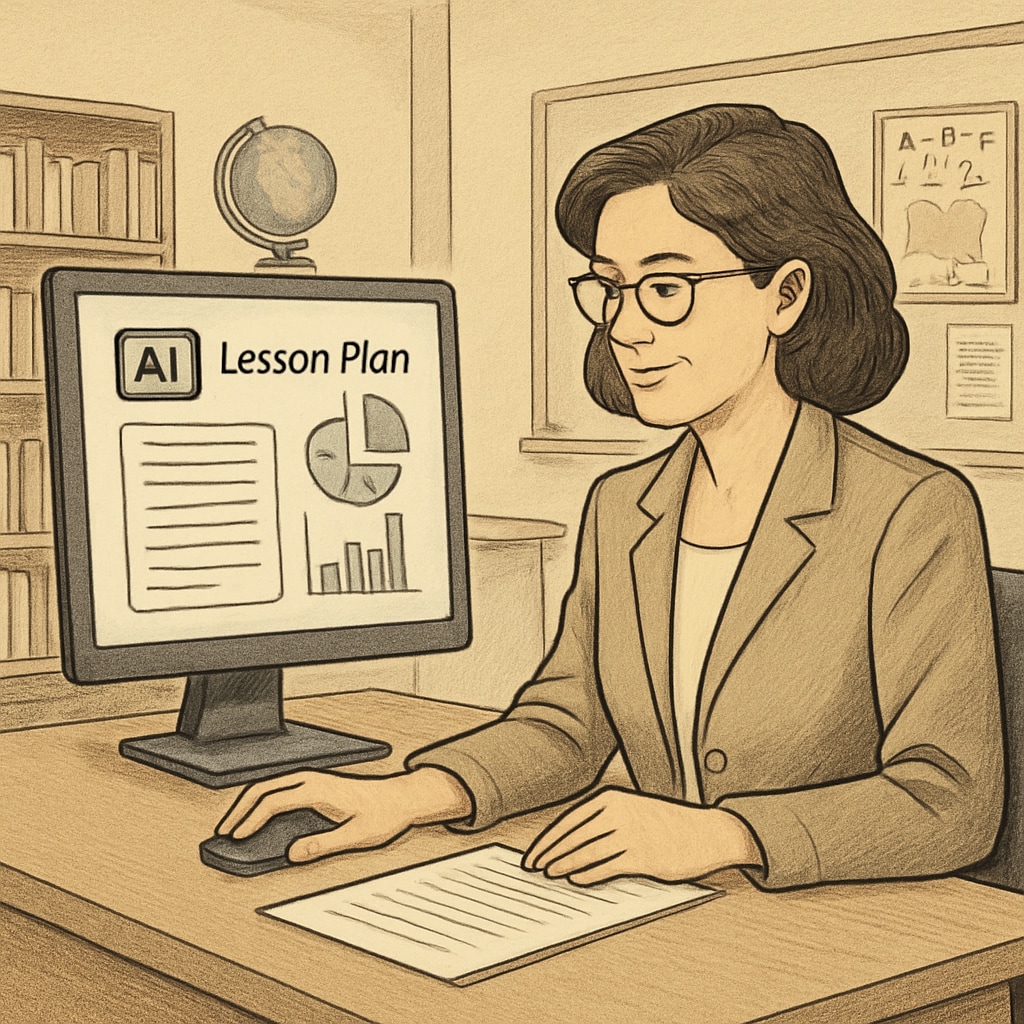The integration of AI education applications is transforming the teaching profession, forcing educators to reconsider their value and roles in an increasingly automated world. Tools like Google Gemini are streamlining lesson planning, grading, and student engagement, yet they also spark concerns about the potential devaluation of teachers’ expertise. As education enters this new era, teachers must find ways to balance the benefits of AI-powered technology with their need for professional recognition and fair compensation.
How AI is Disrupting the Traditional Teaching Model
Artificial Intelligence is no longer a futuristic concept in education—it is a present reality. AI tools are capable of personalizing learning experiences, automating administrative tasks, and providing instant feedback to students. For example, Google Gemini can analyze student performance data and suggest tailored learning paths, making education more accessible and adaptable.
However, while these innovations improve efficiency, they are also challenging the traditional teaching model. Many administrative and repetitive tasks that once required teachers’ involvement can now be handled by AI systems. This shift raises an important question: if AI can perform many of a teacher’s functions, how can educators maintain their relevance in the classroom?

Teacher Value in an AI-Driven Classroom
Despite the impressive capabilities of AI, the value of human teachers extends far beyond what algorithms can achieve. Teachers offer emotional intelligence, mentorship, and the ability to inspire—a level of human connection that is irreplaceable. Yet, as AI takes on more responsibilities, there is a risk that society may undervalue these uniquely human contributions.
To navigate this dilemma, educators need to redefine their professional value. This might involve focusing on areas where AI cannot compete, such as fostering critical thinking, encouraging creativity, and building interpersonal relationships. Teachers who embrace and integrate technology into their skill set will likely find themselves better positioned to thrive in this evolving landscape.

The Compensation Debate: Fair Pay in the Age of AI
As AI reduces the workload of teachers in some areas, there is a growing debate about whether this will lead to reduced salaries or stagnant wages. Some argue that if AI can handle administrative tasks, schools may perceive less need to compensate teachers at current levels. On the other hand, advocates for teachers suggest that integrating AI requires additional training and adaptability—skills that warrant higher pay, not less.
For teachers to secure fair compensation, they must demonstrate their indispensable value in the classroom. Professional development in technical skills, such as understanding and managing AI tools, can strengthen their negotiating power. Additionally, educators should advocate for policies that recognize the complexity of their roles, which now include leveraging AI to enhance student outcomes.
Adapting to the Future: Strategies for Teachers
To succeed in an AI-enhanced educational environment, teachers can take the following steps:
- Invest in Technical Skills: Gaining proficiency in AI tools like Google Gemini will enable teachers to use these technologies effectively and advocate for their role as essential facilitators.
- Focus on Human-Centric Education: Prioritize aspects of teaching that require emotional intelligence, creativity, and mentorship—areas where AI falls short.
- Collaborate with Technology: Rather than viewing AI as competition, teachers should embrace it as an ally to enrich student learning experiences.
- Advocate for Fair Policies: Join unions or professional organizations to push for compensation structures that reflect the growing complexity of teaching in an AI-driven world.
By adopting these strategies, educators can not only remain relevant but also thrive in the AI era.
Conclusion: Embracing Change While Preserving Value
The rise of AI education applications presents both opportunities and challenges for teachers. While AI empowers educators by automating routine tasks, it also compels them to redefine their roles and advocate for their value. By investing in technical skills, focusing on uniquely human contributions, and pushing for fair compensation, teachers can ensure they remain indispensable in a rapidly evolving educational landscape. Ultimately, the true worth of educators lies not just in what they do, but in the lives they touch—a role no AI can replicate.
Readability guidance: Each section is designed with short paragraphs and clear headings to maintain readability. Lists are used to summarize key points, and transitions like “however” and “as a result” ensure a smooth flow. Images are placed strategically to enhance engagement.


